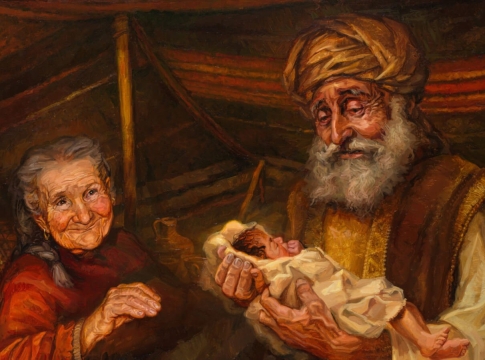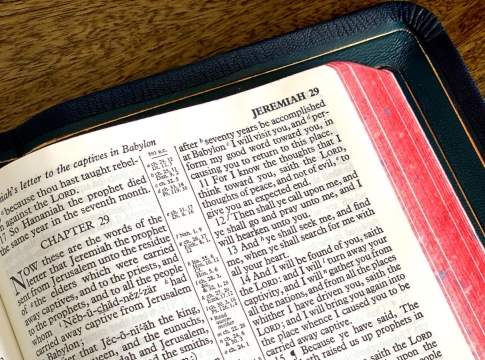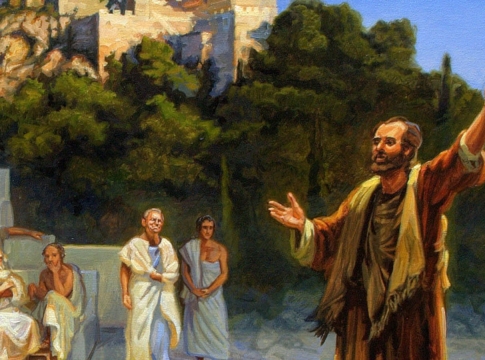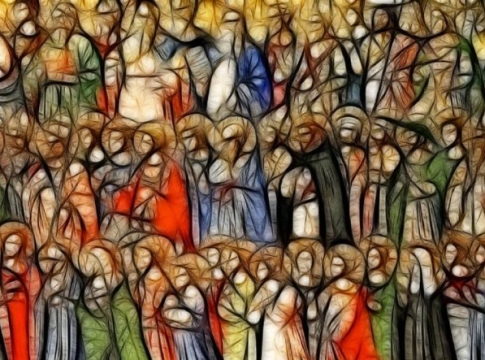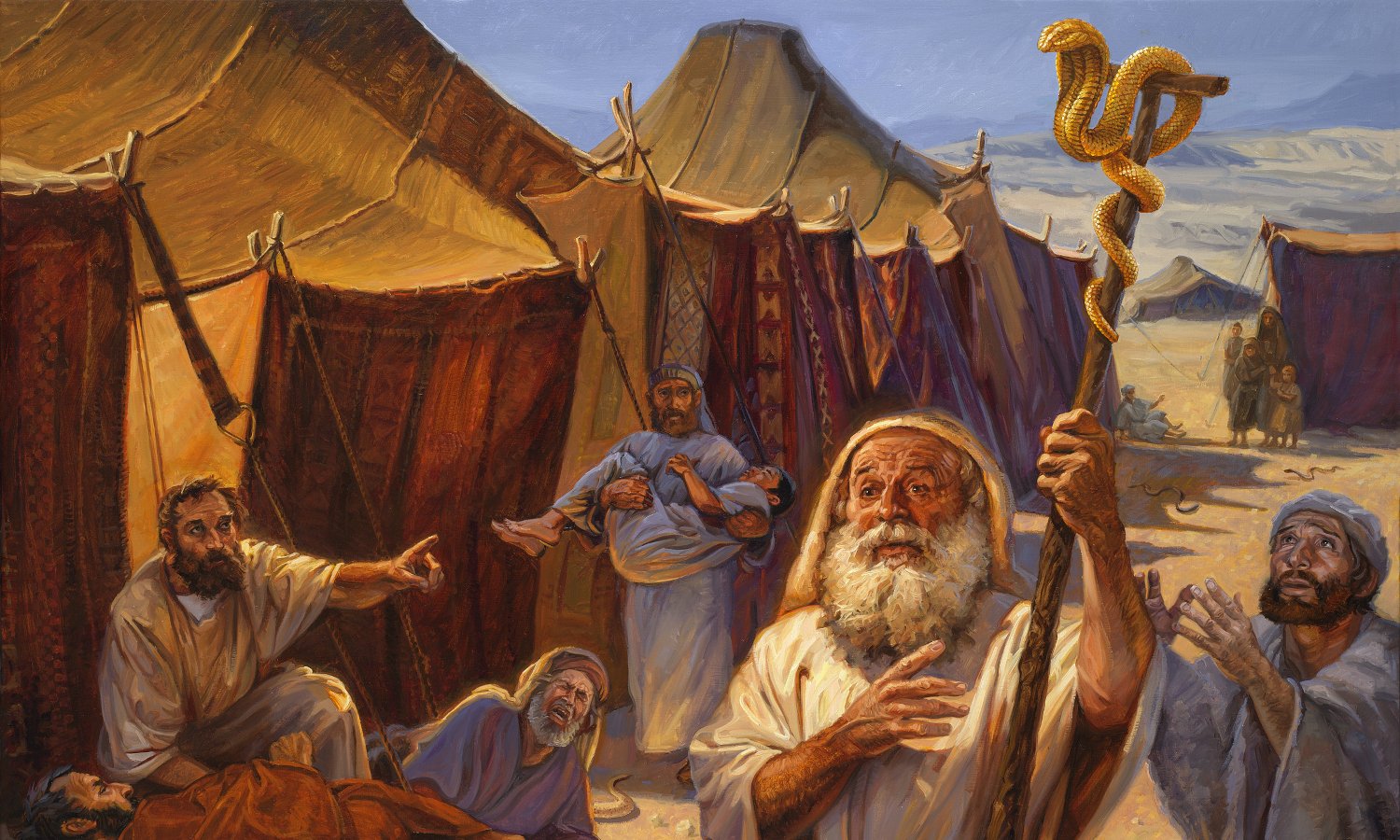
One of the most well-known figures in the Bible is Moses. In addition to being a significant prophet who [gave the people God’s laws] and penned the first five books of the Bible (apart from a few minor pieces), he was also a key figure in the founding of the state of Israel. The books of Exodus, Leviticus, Numbers, and Deuteronomy recount his life story, but other Bible texts also make references to him. In the New Testament, he is the prophet who is most frequently mentioned, especially by Jesus.
Historical background
According to the book of Genesis, God selected a man by the name of Abraham to have a unique place in history. Through his descendants, all other countries would experience blessings as well. His descendants would grow to be a powerful and fortunate nation in the country of Canaan. Jacob, also known as Israel, was Abraham’s grandson. He passed away in Egypt at the close of the book of Genesis, and his descendants stayed there for a few generations.
The descendants of Abraham “were fruitful and increased greatly; they multiplied and grew exceedingly strong, so that the land was filled with them,” according to the opening line of the second book of the Bible, the book of Exodus (Exodus 1:7). They were becoming into a people, not just a family. However, this caused serious issues because the Egyptians began to perceive them as a danger. The Israelites were subjected to oppression and forced to serve as slaves. Exodus 1:22 says that they even slaughtered their infant boys. The people cried out to God for assistance.
Moses’ birth and childhood
A son was born to an Israelite mother at this period. As the infant became bigger, it became nearly impossible for her to hide him from the Egyptians in an attempt to save his life. As a result, she constructed a waterproof basket and hid her child within it among the reeds beside the river. When the Pharaoh’s daughter arrived at the river to take a bath, she discovered the basket and took in the infant, naming him “Moses.” Raised him as if he were her own son.
The book of Acts summarizes what happened next:
“And Moses was instructed in all the wisdom of the Egyptians, and he was mighty in his words and deeds. When he was forty years old, it came into his heart to visit his brothers, the children of Israel. And seeing one of them being wronged, he defended the oppressed man and avenged him by striking down the Egyptian. He supposed that his brothers would understand that God was giving them salvation by his hand, but they did not understand. And on the following day he appeared to them as they were quarreling and tried to reconcile them, saying, ‘Men, you are brothers. Why do you wrong each other?’ But the man who was wronging his neighbor thrust him aside, saying, ‘Who made you a ruler and a judge over us? Do you want to kill me as you killed the Egyptian yesterday?’ At this retort Moses fled and became an exile in the land of Midian, where he became the father of two sons” (Acts 7:22-29).
Looking back on this period of Moses’ life, the book of Hebrews claims that his choice to suffer with God’s people rather than savor the transient joys of his life as an Egyptian prince was an example of faith (Hebrews 11:24–25).
Moses’ calling
Moses was forty years old when he departed from Egypt. The Lord God revealed Himself to Moses after they had been in the land of Midian for an additional forty years. He identified Himself as “I am who I am” (Exodus 3:14) as well as “the God of your father, the God of Abraham, the God of Isaac, and the God of Jacob.”
God called Moses to bring the Israelites out. At first, he didn’t want to as he didn’t think he was capable of doing it. Still, God commanded him to leave. Aaron, his brother, would go with him. “Thus says the Lord, the God of Israel, Let my people go,” Moses and Aaron spoke to Pharaoh (see Exodus 5:1 and many more places). However, Pharaoh had no desire to let them leave. Ten otherworldly calamities were required to persuade him that he was without options. His nation was destroyed by his intransigence.
Moses as a leader
Moses led the Israelites as they eventually departed Egypt. He gave the people instructions on where to go, what the Lord God wanted them to accomplish, and other things. This task was not simple! They had to take all of their belongings and animals with them as they journeyed through the wilderness for months with a sizable number of people, including infants and the elderly. The shortage of food, water, and other necessities was a common complaint among the populace. Exodus 33:3 describes them as “a stiff-necked people” who disobeyed God and held Moses accountable for their problems.
For one example, let’s read Exodus 17:3-5:
However, there was a water shortage, and the populace complained to Moses, asking him why he had brought them out of Egypt only to have them perish from thirst along with their children and livestock. What should I do with these people, Moses cried out to the Lord. They’re practically set to stone me.
Moses’ task was incredibly difficult. But he was a good, God-fearing leader. The Bible says that he was a very humble man, more humble than anyone else on the face of the earth (Numbers 12:3). He led the Israelites to the border of Canaan, but since they did not trust that God would actually give them the land, they had to spend forty more years in the wilderness, till that whole generation had died and their children had entered the promised land. Moses himself also died on the border of the land; he was allowed to see it but not to enter it himself since he had been disobedient to the Lord once when there was a shortage of water (you can read this story in Numbers 20:7-12 and Numbers 27:12-14).
Moses as a prophet
Moses was not just a political leader but also a spiritual one. He communicated the will of the Lord God to the people and had a very intimate relationship with Him. For example, Moses spent forty days in God’s presence atop Mount Horeb, where he was given comprehensive instructions for erecting a holy tent as well as numerous other rules, which he subsequently relayed to the people. This explains why references to “the law of Moses” are common in later Bible writings. Furthermore, subsequent Bible writers frequently refer to “the books of Moses” when quoting the Old Testament because Moses wrote the book of Genesis in addition to four books detailing his own life.
After Moses’ death, the book of Deuteronomy concludes:
Since then, no prophet in Israel has come close to matching Moses, whom the Lord knew personally. Moses is unparalleled in the signs and wonders the Lord sent him to perform in the land of Egypt, to Pharaoh and all of his servants, and throughout his entire domain. He is also unparalleled in the mighty power and great acts of terror that Moses performed in front of all of Israel. (Exodus 34:10–12)
Some lessons for us
- The life of Moses demonstrates how [God may direct people’s lives] to perfectly align with His purpose. Being an Israelite himself, Moses had an exceptional education as an Egyptian prince, spoke two languages, had a great deal of experience in the wilderness (as a shepherd), and had a deep personal relationship with the Lord God. No one could have been a better leader than Moses.
- Moses faced a very difficult challenge. He was sometimes desperate, and once he decided to take charge rather than wait on the Lord. But Moses believed that God would step in in so many other trying circumstances. “Fear not, stand firm, and see the salvation of the Lord, which He will work for you today,” he said, encouraging the crowd to imitate him. All you need to do is be silent; the Lord will defend you (Exodus 14:13–14). Do you put your trust in God when things get tough?
- Numbers 16:3 is one example of how the people treated Moses badly, rejected his leadership, and held him accountable for their misfortunes. Still, he begged God to intervene on their behalf! See Exodus 32:9–14; Numbers 16:20–22; and 21:7 for a few instances. Do you offer up prayers for everyone, even the those who have wronged you?
Thanks to GospelImages for the wonderful image.
